I read books from across the U.S. to understand our divided nation. Here's what I learned
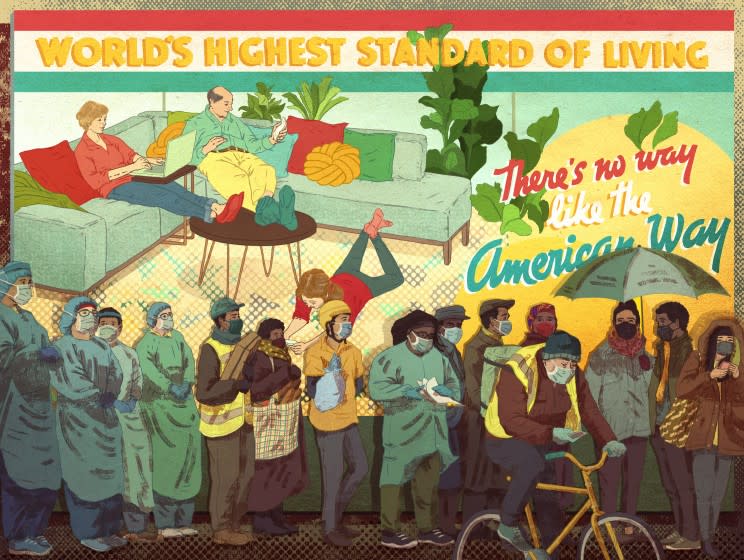
As I watched the violence and terror unfold at the Capitol this month, it brought home what I already saw this past year as I traveled the country by book for my United We Read project: We live in multiple Americas.
Our country feels more splintered and divided today than when I began this project in November 2019 with a goal of reading a current book from every state leading up to the 2020 presidential election.
What emerged as a theme in this final installment of books from Oregon to Wyoming is the gross inequities and injustices many Americans endure based on race and class, and an overwhelming sense of powerlessness.
“Billionaire Wilderness” by Justin Farrell and “Wandering in Strange Lands,” by Morgan Jerkins offer two compelling examples. But in a year that saw protests, a pandemic and — I still write this in disbelief — an attempted coup, books also provided solace and hope. Most notably I found that in Michele Harper’s memoir “The Beauty in Breaking,” in which Harper’s insights as an ER doctor amplify the sacrifices and humanity of our frontline workers as L.A. faces a staggering load of new coronavirus cases each day.
Having stepped into stories in every state, I’ve read more than 58 accounts of what it means to inhabit this country. Bearing witness to what frames an American identity has been a humbling, often unexpected experience. What so many stories amplify across the nation, regardless of political ideologies, are inequities specific to our respective individual communities. I am grateful to the many authors who have shared their stories and perspectives that have inspired and saved me this past year. Here is Part Four of my journey.
Oregon
Pennsylvania
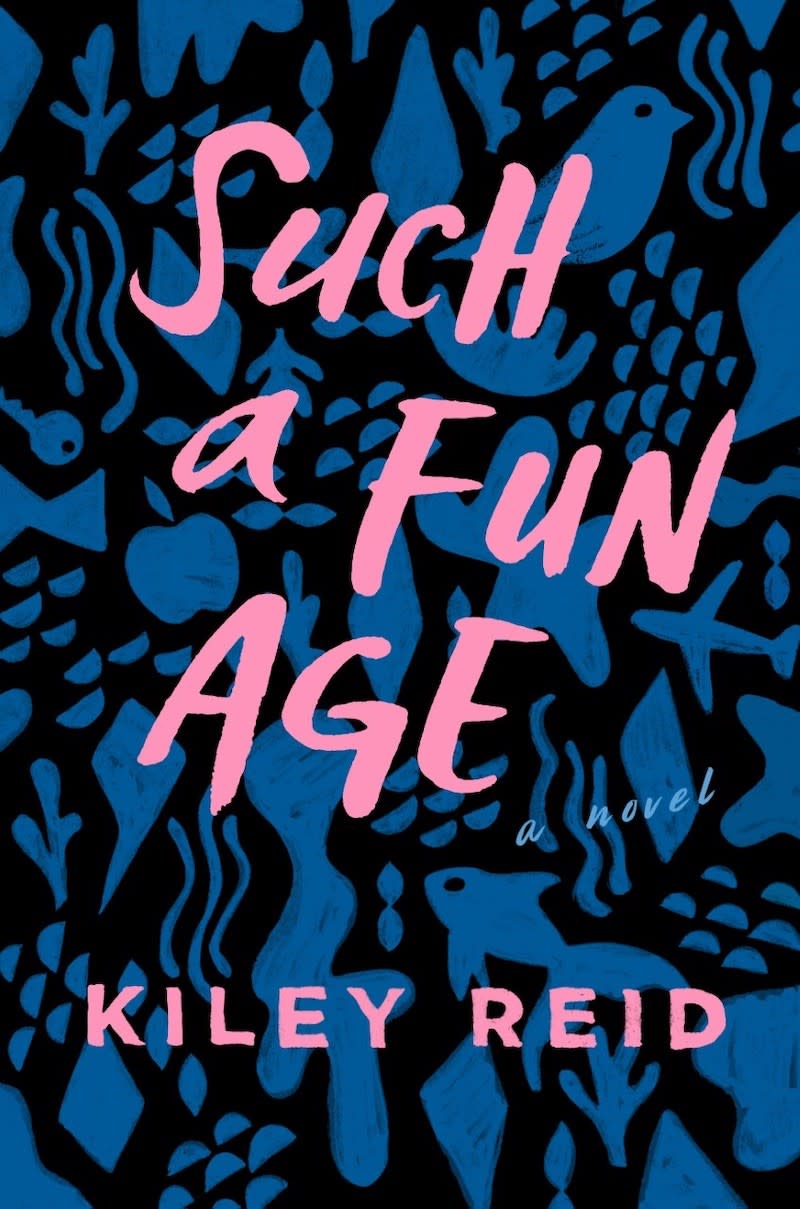
“Such a Fun Age,” the debut novel from Kiley Reid, got a lot of attention and for good reason. I first learned of the book from Traci Thomas, host of "The Stacks" podcast, who’s been the source of many great recommendations. In stylish prose with a fast-paced plot, Reid satirizes progressive white liberal good intentions as she tells the story of a 20-something Black babysitter who takes a job for an affluent white family in Philadelphia.
Rhode Island
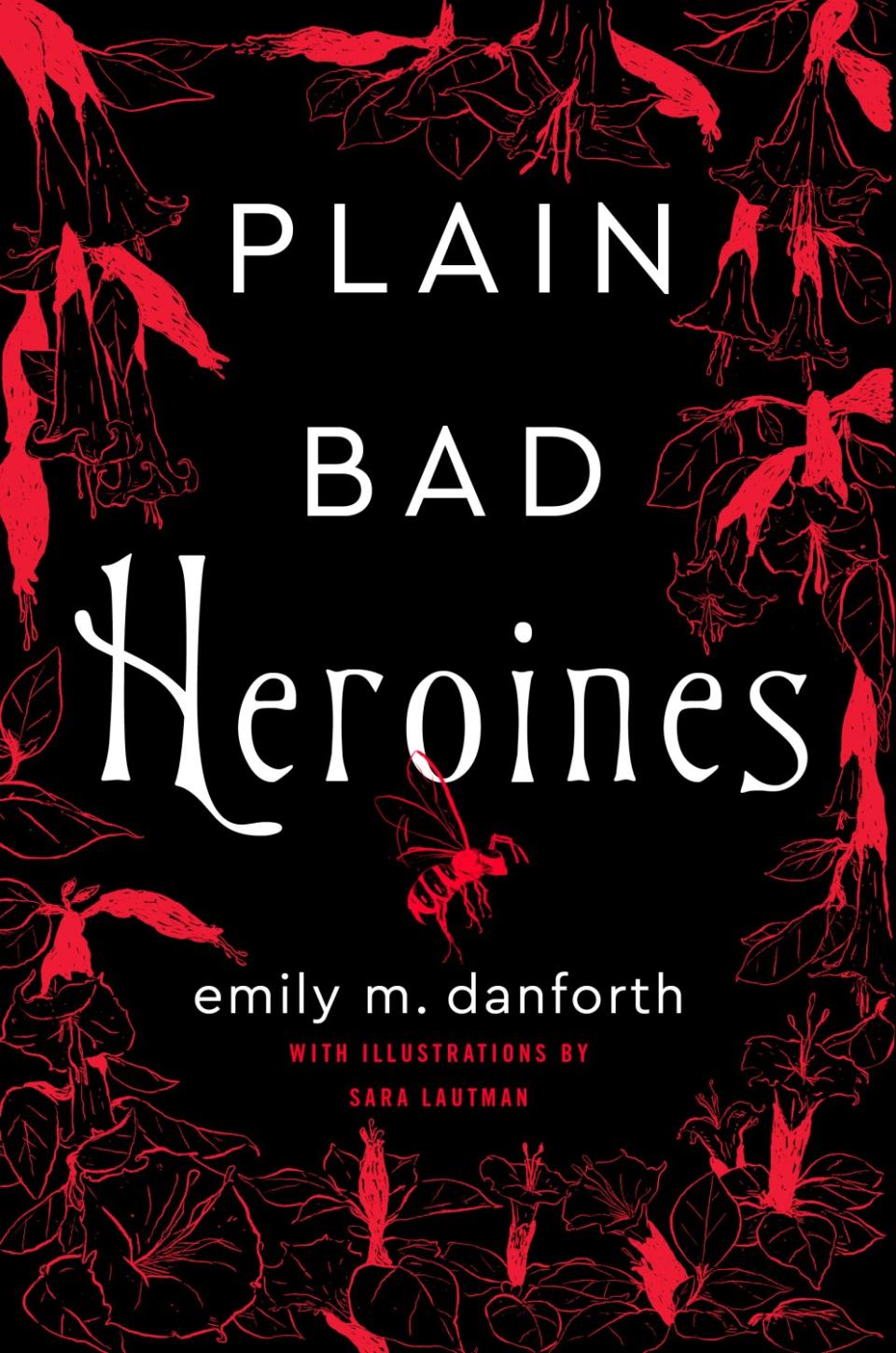
The week before Halloween seemed the ideal moment to pick up the 617-page epic horror novel “Plain Bad Heroines” by Emily M. Danforth. The tangled story toggles between a cursed Rhode Island boarding school for girls during the early 1900s and present day when a group of queer women return to film a movie about the school’s fabled history. Danforth writes with humor and is at her brilliant best with vivid female character portrayals, who are as wild and unpredictable as the untamed Rhode Island shoreline.
South Carolina
.
South Dakota
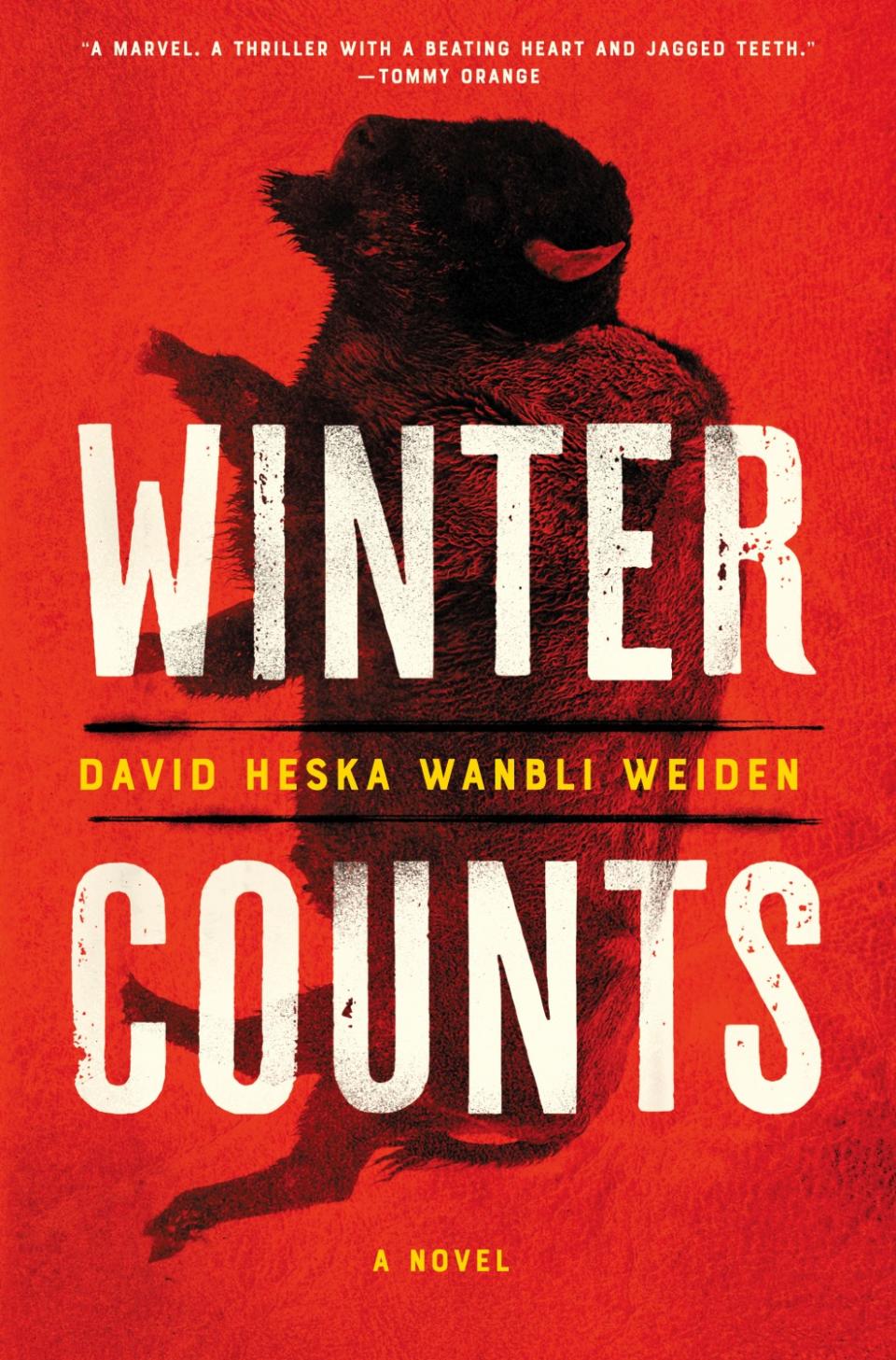
“Winter Counts,” by David Heska Wanbli Weiden, is a propulsive thriller set on South Dakota’s Rosebud Indian Reservation. While crime is the catalyst that drives the novel’s action, the story also explores issues of Native American identity, power and violence through complex and compelling characters. Weiden, an enrolled citizen of the Sicangu Lakota Nation, is an incredible storyteller, and I could not put this book down.
Tennessee
Texas
Set in the border town of Brownsville, Texas, “Where We Come From” by Oscar Cásares tells the story of Nina, who inadvertently becomes involved with human traffickers, her U.S.-born godson and an undocumented teen who is hiding in Nina’s backhouse. The novel explores immigration and identity, challenging the notion of what constitutes “home.”
Utah
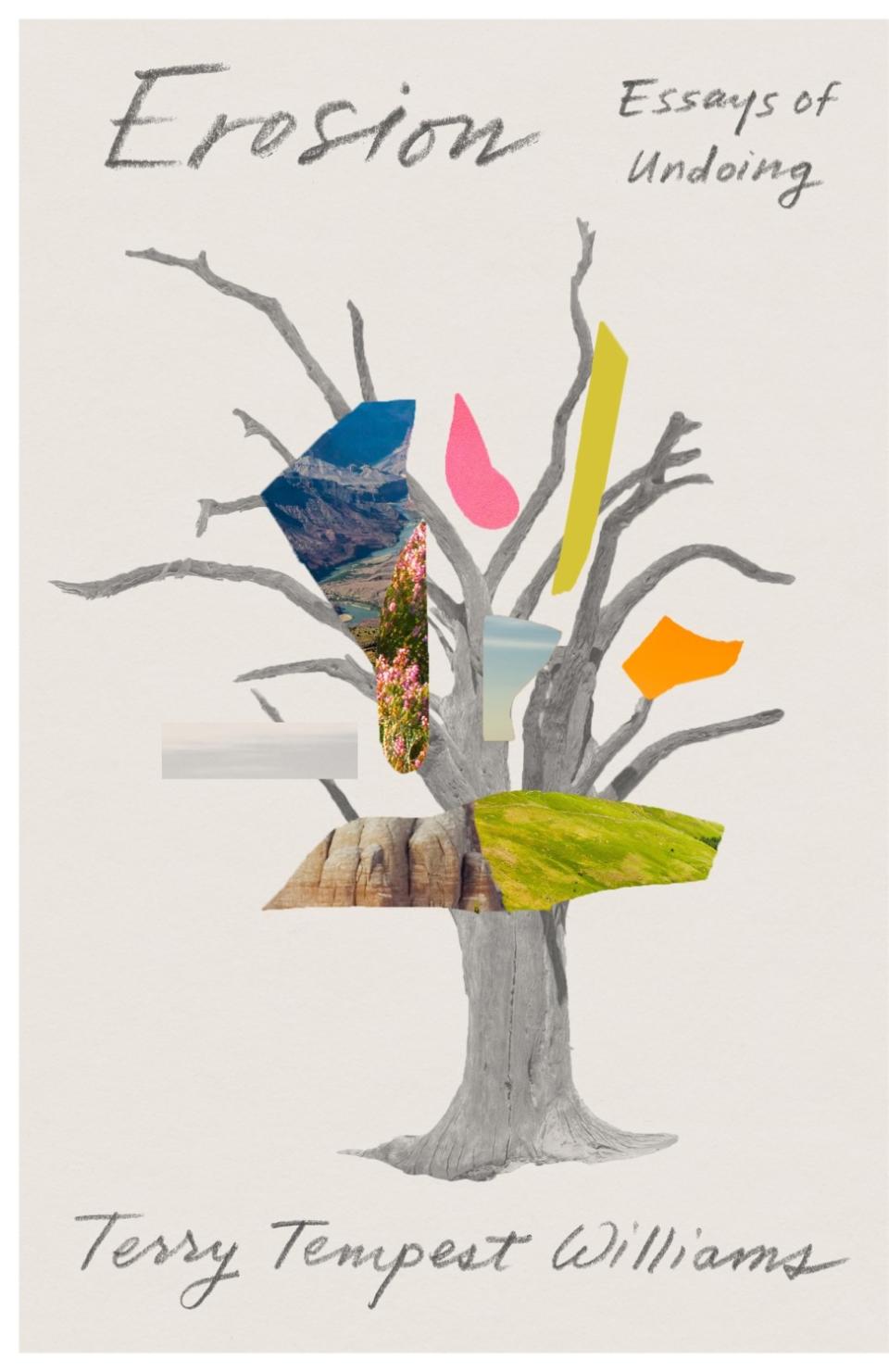
Of all the books read for this project, “Erosion: Essays of Undoing” by Terry Tempest Williams focused most directly on political and environmental issues. In a series of essays, Williams challenges readers to take the long view. Erosion, here, applies not only to our natural world but to the body and mind. Williams, who splits her time between Utah and Massachusetts, where she teaches at Harvard Divinity School, makes the case for both our spiritual and environmental health and how the Trump administration’s policies have been a threat to both.
Vermont
Virginia

Washington
West Virginia
Wisconsin
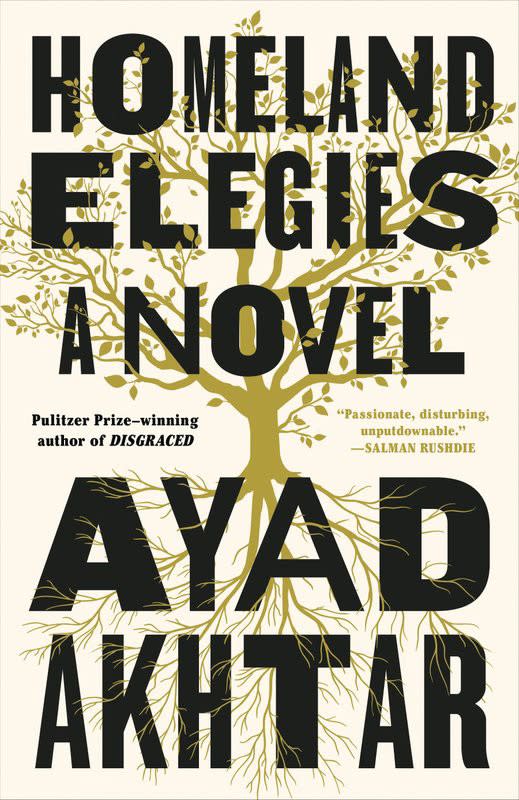
Pulitzer Prize-winning author and playwright Ayad Akhtar centers his latest novel, “Homeland Elegies,” around an identity shaped by his own childhood growing up Muslim in Wisconsin. One particularly harrowing moment finds the narrator being pulled over by state police officers who believe him to be a terrorist suspect. He writes, “If all this sounds somewhat paranoid, I am happy for you. Clearly you have not been beset by daily worries of being perceived — and therefore treated — as a foe of the republic rather than a member of it.” At once gripping and destabilizing, Akhtar explores the political discourse following the 9/11 attacks through the 2016 election.
Wyoming
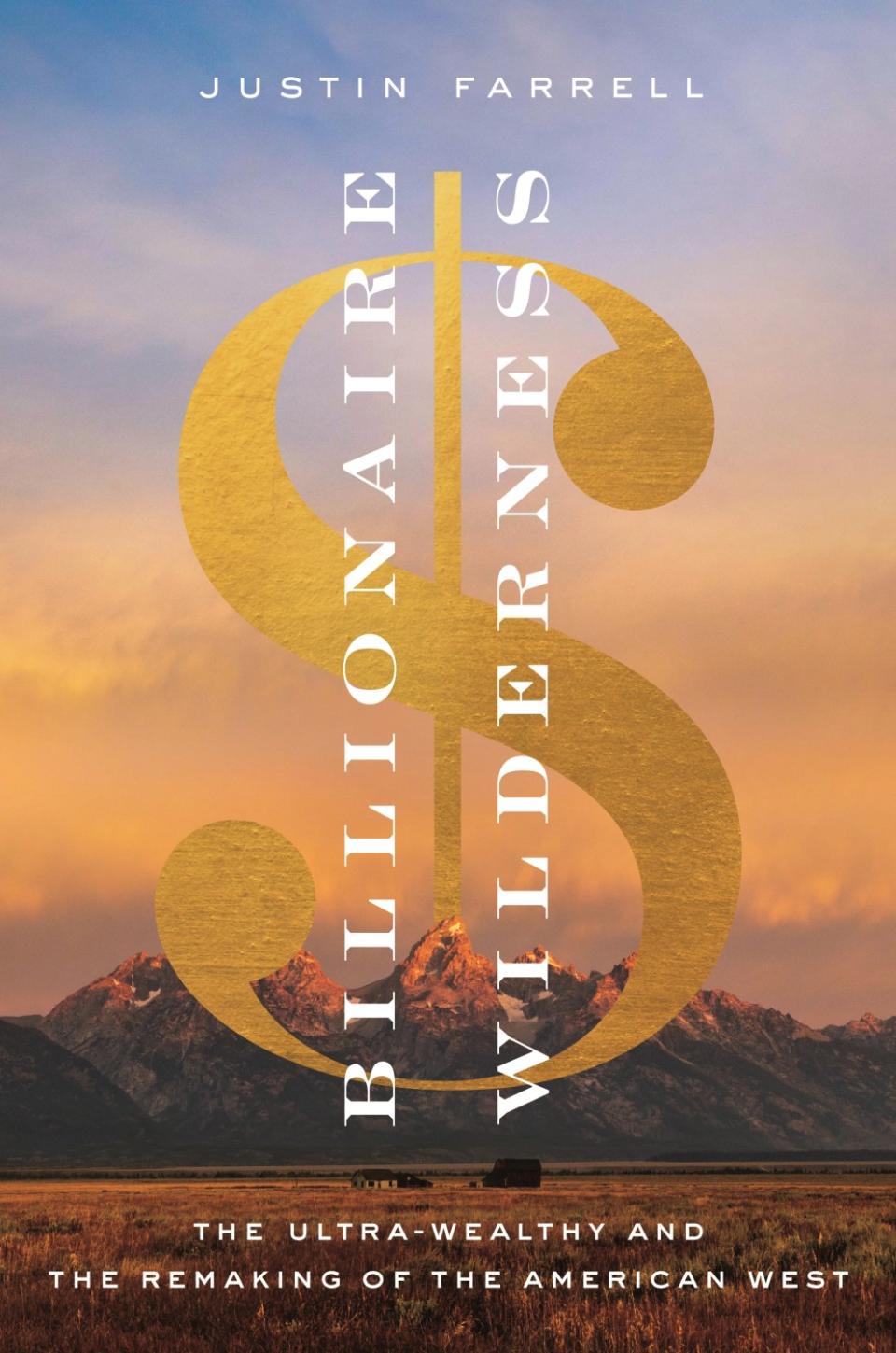
“Can wealth solve the very problems wealth creates?” asks Justin Farrell in “Billionaire Wilderness: The Ultra-Wealthy and the Unmaking of the American West.” The Yale sociologist offers a fascinating look at the intersection of extreme wealth, philanthropy and conservation in Teton County, Wyo. — the richest county in the U.S. — at the expense of a disappearing middle class. Farrell interviews tech chief executives, Wall Street financiers and oil magnates who are buying up pristine land in Wyoming in the name of conservation to further increase their wealth. We also hear from local activists and Latino working-class residents who are being displaced and priced out of living in the region.
Puerto Rico
Washington, D.C.
Postscript
“Just Us: An American Conversation,”
A former editor at The Times, John Fogarty teaches writing and journalism at USC Annenberg.
This story originally appeared in Los Angeles Times.

